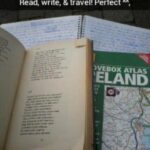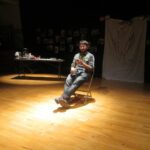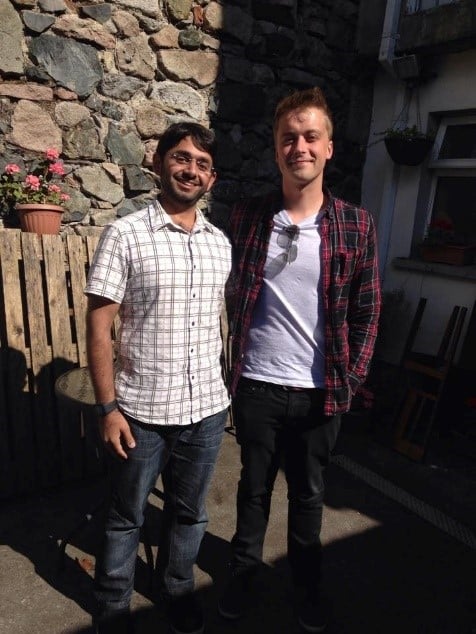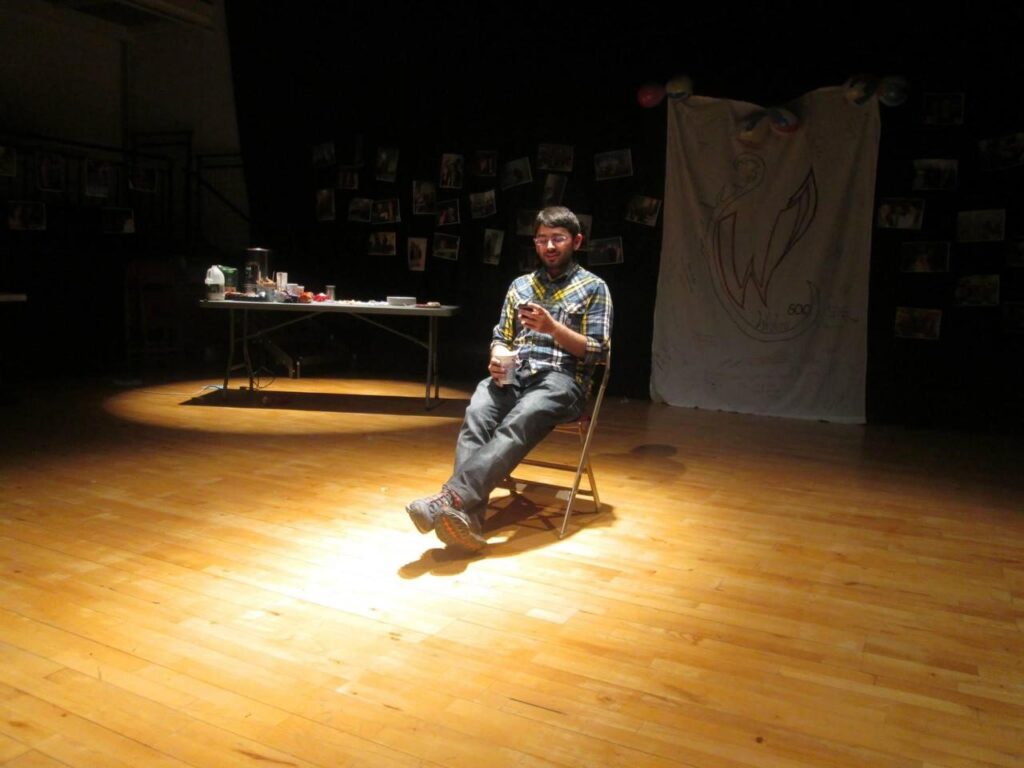Tell us a bit about yourself
My name is Huthaifa AlKendi. I am an Intern at Zayed Military Hospital in Abu Dhabi, currently doing my Emergency Medicine rotation at Sheikh Shakhbout Medical City as I near the end of my internship year and prepare for the journey that is residency.
When I’m not reducing shoulders or titrating vasopressor infusions, I like to unwind and practice some poetry.



When did you first become interested in poetry and why?
It all began when I was in high school. My curiosity was initially piqued when I encountered poetry in an anthology book during English class in grade 11. I was familiar with poetry from an Arab perspective, but reading through the prose, I found myself searching for the roots that lie within all poems. I began to read, analyze, and appraise the words and underlying structures until I found myself falling in love with every verse.
It was not long before I tried my hand at my very first poem and presented it to my teacher, who was fascinated by it. Looking back to that poem, I would fault it for being quite poorly written, but this teacher, for whatever reason, took one look at my piece and said one of the most influencing sentences of my life – ‘continue writing, don’t stop’.
And I did. I continued writing. It wasn’t easy, admittedly I had my ups and downs as I went through various changes in my academic career. However, I made it a point to focus my efforts on writing one poem a month, just one, and see where I went from there. As the years went by and I absorbed more experiences as I travelled to Australia and Ireland, I found myself writing more and more – at one point, a particularly engaging book ended up energizing a 7-page poem!
Do you have any role models or inspirations?
Two significant people come to mind. The first was an old woman I met by chance at a poetry group while in Australia where I was asked to present one of my poems. I had my hesitations, having never read any of my poems out loud and no formal training in poetry unlike many of the other members there. The woman reassured me that no degree or diploma confers significance to a poet’s words, rather it is the words that speak for themselves.
Remarkably, I read to a captive audience, who listened to every word and returned to me with insightful and useful criticisms. The woman turned out to be a renowned lecturer at an elite Australian university, her subject matter none other than poetry. To be acknowledged and praised by such a figure gave me the boost to continue to showcase my work, and I began to involve myself in writers’ societies, even winning several awards along the way.
The second person is a friend who became a role model for me. While I was staying in Ireland, I was friends with a man called Stephen, who continually listened to and praised my work. At the time, he told me I was his idol, which admittedly left me in quite a bit of disbelief. However, it did make me realize the relativity of good poetry and its dependence on perspective. Stephen went on to become a profoundly famous poet in his own right and I always looked at HIM as an inspiration. It still baffles me that someone with such prestige to their name was in fact impressed by someone as obscure as me.

How do you divide time between clinical shifts and poetry?
The more you write, the easier it gets. A poem that would have taken me days to write before, can now be finished in 15 minutes. Write anywhere and at any time.
It helps to use notepads and speech-to-text software to jot down ideas as I make my way through the day (even during a shift!). The fundamental challenge is to get at least the beginning written down, after which everything that follows will flow no matter what. Poetry does not have a protected time in my day, it has become a part of my day, all I have to do is continue to transcribe my ideas and the cohesion of prose eventually finds its way.
What advice would you give for others looking to take up poetry?

Pick up a pen and start answering the following questions:
In the first line: write down what your emotions are right now
Second line: what do you see in front of you?
Third: what noises do you hear?
Fourth line: write down what you sense
For the fifth line: tell me something about your future
Write down these five lines and, voila, you just wrote a poem.
Last, but not least,
‘continue writing, don’t stop’.
If you need any help, please do not hesitate to contact me.
Find Huthaifa on https://hkalkendi.wordpress.com/
Instagram account: @huthaifaalkendi




